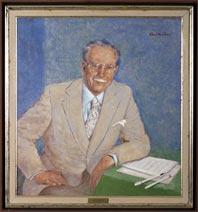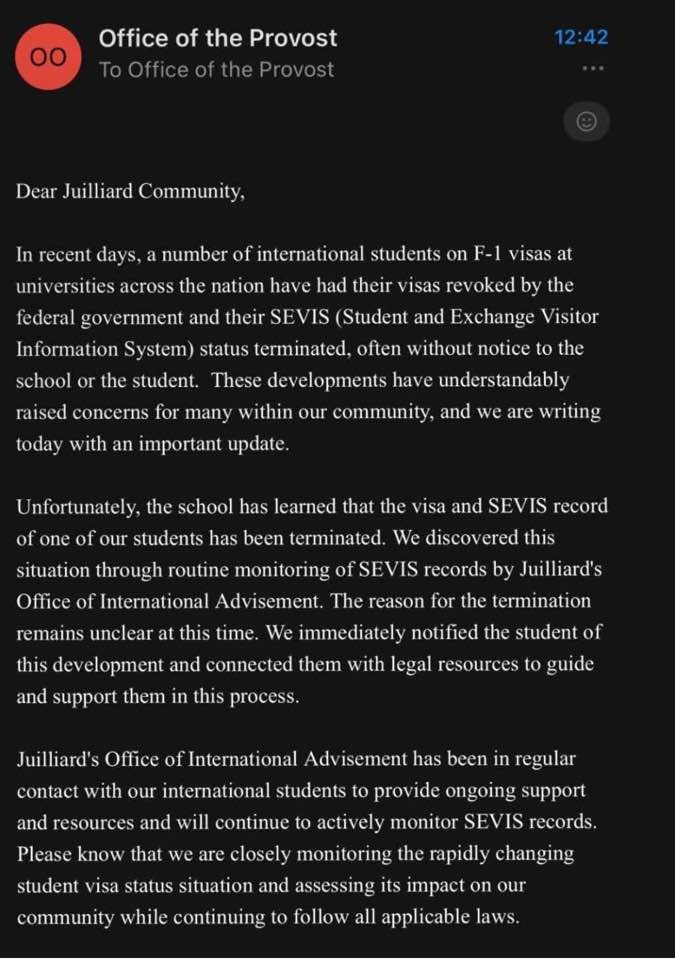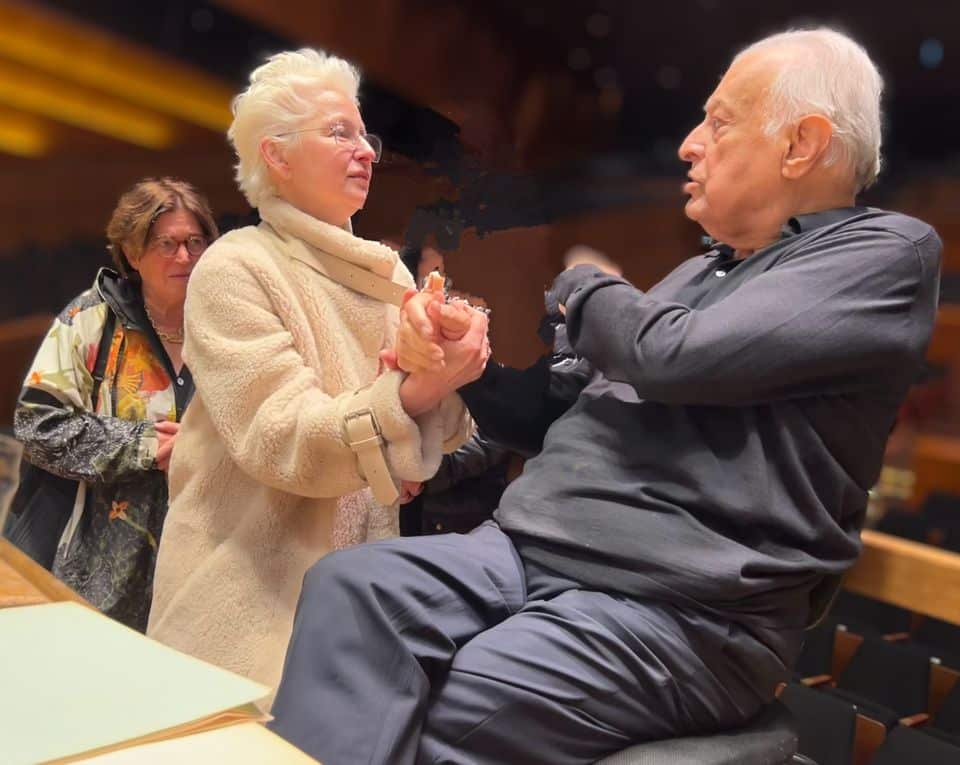The Slipped Disc daily comfort zone (189): Angel’s fall
mainWayne Barlow? Not a composer I’ve heard before.
Now I want to hear more. He is just so timely for this season.


Wayne Barlow? Not a composer I’ve heard before.
Now I want to hear more. He is just so timely for this season.

The alarming letter below went out last night…

Scanning the list of council members who signed…

Message from Bavarian State Opera: It is with…

We understand that Daniel Barenboim was well enought…

Session expired
Please log in again. The login page will open in a new tab. After logging in you can close it and return to this page.
Comments